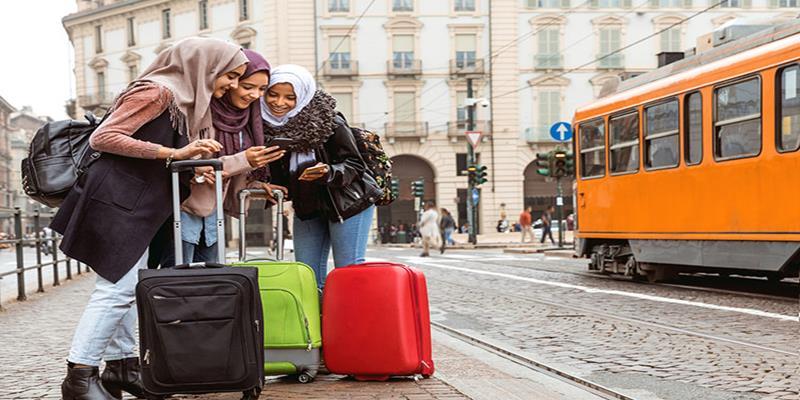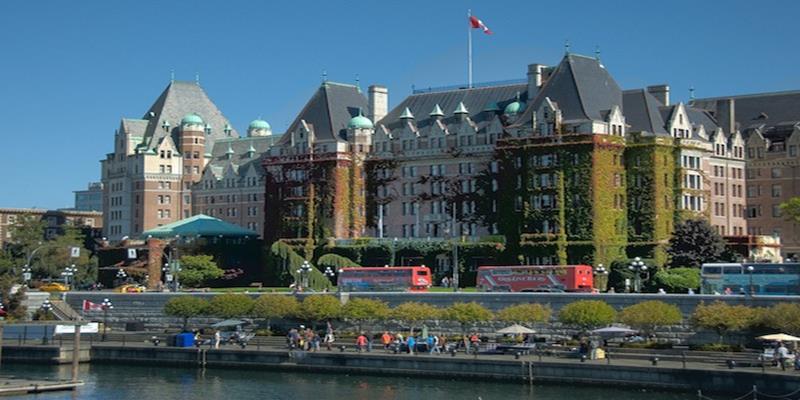Traveling is an exciting way to see new places, meet new people, and acquire knowledge about various cultures. Travel shows us the world's beauty and richness, whether we're in a neighboring city or abroad. Sometimes travel is difficult. This article discusses typical travel qualities that might make our trips less pleasurable for ourselves and others.
Understanding and avoiding these negative tendencies may make travel more enjoyable and rewarding. If you're planning a weekend break or a once-in-a-lifetime vacation, let's travel with an open mind, friendliness, and a desire to try new things. After all, the trip is frequently as important as the destination; therefore, we may enjoy every excursion by traveling deliberately and ethically.
Here Are The Best Six Things You Should Never Do When Traveling
1. Arrogance
Arrogance is acting like you know everything or are better than others. We're tourists in someone else's house; therefore, we respect the locals and their customs when traveling. Arrogance may make people feel unwelcome and destroy the mood. Instead of dominating, be humble and open-minded in new circumstances.
Remember that there is always something new to learn, and by being polite and open to diverse ideas, we may create lasting connections with those we encounter. Please leave your arrogance at home and enjoy learning from the many cultures and experiences we encounter while traveling. True knowledge comes from listening and comprehending, not knowing everything.
2. Impatience
Impatience is being angry or frustrated when things take longer than we wish. When traveling, we often need patience to handle airport lineups, transit delays, and language challenges. It's OK to be impatient, but letting it ruin your vacation. We can be impolite by cutting in line or snapping at helpers out of impatience. Instead, we may breathe deeply and remember that delays are part of the journey.
We may take the extra time to explore, chat with other tourists, or just relax. Patience helps us appreciate the road as much as the destination, turning frustration into progress and thankfulness. Let's enjoy the leisurely times and every step of our journey, understanding that each delay delivers unanticipated delights.
3. Disrespect
Not being nice to others or environments is disrespect. Traveling requires respect for others and the places we visit. We must keep an open mind and be eager to learn when we encounter new practices or traditions. Disrespect may injure others and cause conflict. Travelers from our nation or community may also suffer. Remember to be courteous, patient, and understanding to prevent disrespect.
We should listen, ask questions, and observe local norms when in doubt. Respecting the people and cultures we encounter enriches our travel experiences and fosters healthy interactions between visitors and locals worldwide. Let's go with an open heart and respect, sharing love and goodwill.
4. Carelessness

We must pay attention to our activities to avoid travel complications or mishaps. If we're negligent, we may need to remember our passports, money, or time and miss our transportation. This might worry and frustrate us and our travel companions. Being careless can lead to significant injuries or loss. Plan and be organized to prevent carelessness.
Before leaving for our vacation, we should compile a list and double-check our supplies. We should also provide enough time to get there and do our job. We should be aware of our environment and things when traveling. Being attentive and responsible may make our journeys safe, smooth, and fun for everyone.
5. Irresponsibility
Being irresponsible involves not taking care of things or considering the implications. We must travel responsibly to avoid harming ourselves, others, and the environment. More preparation can lead to responsible travel. We might be trapped without lodging if we don't book in advance. This may be stressful and risky, especially in new places. Littering and pollution are also irresponsible.
We should always clean up after ourselves and leave beaches and forests as lovely as we found them. Overdrinking or taking excessive risks are examples of irresponsibility. This can harm us and others and ruin the trip. We should always prepare ahead, protect the environment, and prioritize safety to avoid irresponsibility. By considering our behaviors and their implications, we can make our journeys pleasurable and sustainable for everyone.
6. Inflexibility

Being inflexible involves staying on the same plane and adapting to new conditions. Traveling might be unpredictable; therefore, we must be adaptable. Sticking to a timetable might make travelers inflexible. For instance, if we stick to a schedule, we may lose out on new places and intriguing people. Traveling might be less fun and gratifying.
Refusing to try new things or leave their comfort zone is another sign of inflexibility. Traveling requires openness to different cultures and customs. This can enhance our travels and personal growth. Flexible and open-minded travelers may maximize their vacations and produce lasting experiences.
Conclusion
Avoiding these travel habits can improve our new-place relationships. We may make our journeys pleasurable for ourselves and the people and ecosystems we encounter by being modest, patient, courteous, cautious, knowledgeable, and responsible. Travel is an honor and a chance to grow as individuals and global citizens.
We may enjoy our travels and improve our destinations by adopting these good attributes. Let's travel with an open mind and appreciation for other cultures and experiences. Doing so allows us to connect with individuals from different backgrounds and appreciate our world's wonderful variety. Let's pack our bags, go on our journeys, and be the greatest travelers, leaving a positive and goodwill path.




